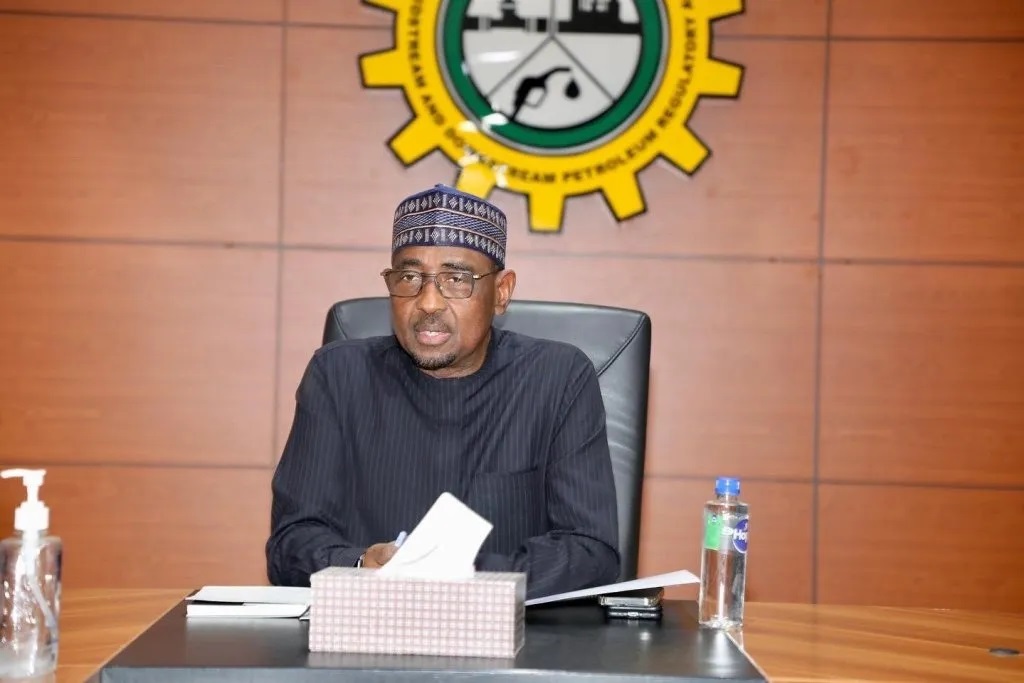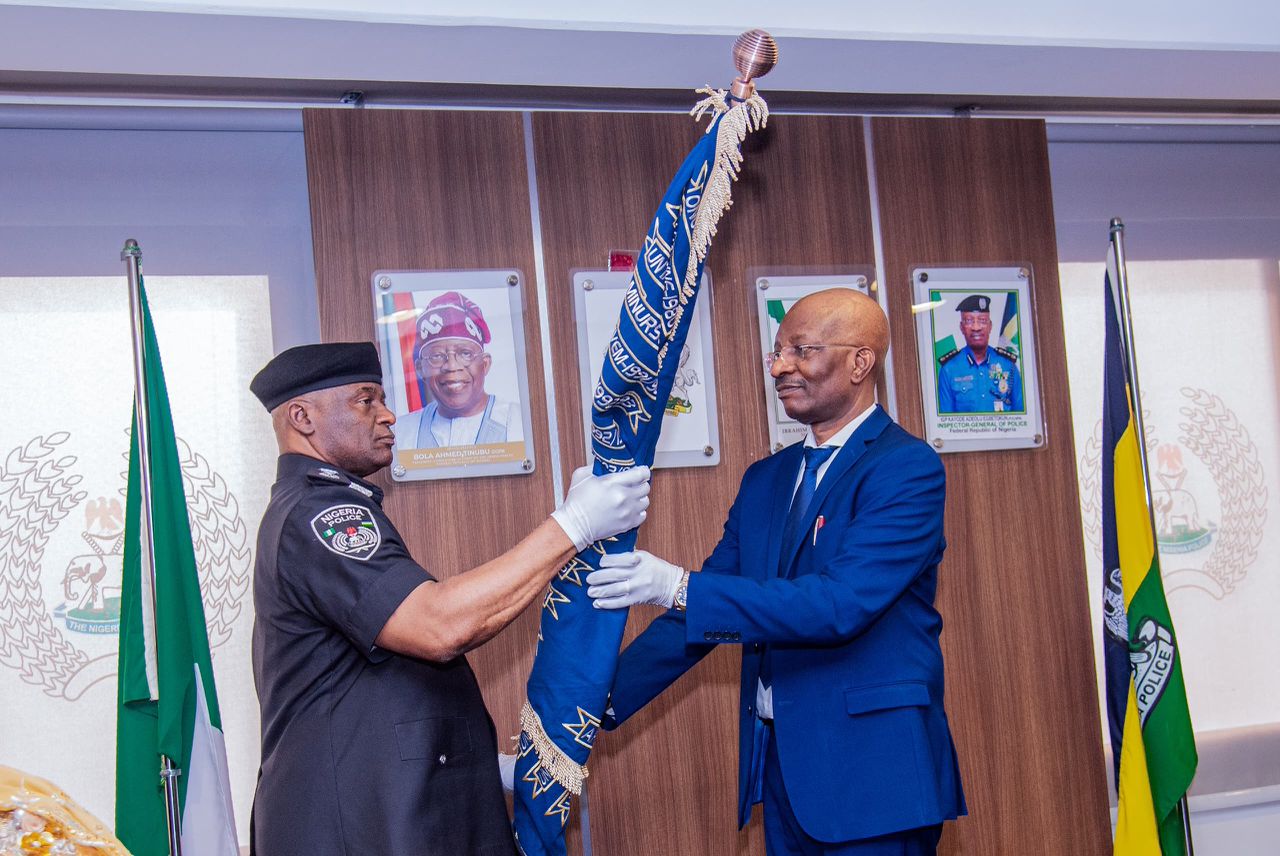In a move to safeguard consumers and support local manufacturing, Nigeria’s petroleum regulator has introduced a mandatory licensing framework for the importation of lubricants, aiming to stem the flow of substandard and counterfeit products into the market.
The Nigerian Midstream and Downstream Petroleum Regulatory Authority (NMDPRA) made the announcement during a stakeholder workshop in Abuja on Wednesday. Authority Chief Executive Farouk Ahmed, represented by senior official Francis Ogaree, said the policy would help enforce strict quality and safety controls as required by the Petroleum Industry Act (PIA) 2021.
“From now on, only licensed and traceable importers will be allowed to bring lubricant products into the country,” Ahmed said. “This is not about restricting trade, but about protecting our economy, our people, and our industries.”
He also introduced the Lubricant Importation Module, a digital portal integrated with Nigeria Customs’ clearance system to facilitate real-time tracking and compliance monitoring. This technology-led solution is expected to reduce delays, enhance transparency, and improve regulatory oversight.
Director of Liquids at NMDPRA, Ngozi Nwankwo, added that the scheme would help support local blending plants, reduce dependency on foreign imports, and ensure that only legally authorised entities participate in the supply chain.
But the policy has drawn criticism from industry stakeholders. Emeka Obidike, Executive Director of the Lubricant Producers Association of Nigeria (LUPAN), warned the scheme could jeopardise significant progress made in the sector and threaten an estimated 200,000 direct jobs.
Obidike argued that tightening import rules without simultaneously strengthening enforcement would risk the continued influx of low-grade recycled oils lacking essential additives, thereby exposing machinery nationwide to greater risk of failure.
“This approach will set back the government’s lubricant policy and contradict the current administration’s goal of promoting backward integration in the manufacturing sector,” he said.
The NMDPRA, however, remains firm in its stance, maintaining that the licensing system will help restore confidence in the sector, support Nigerian manufacturers, and uphold President Tinubu’s broader push for industrial reform and economic resilience.





